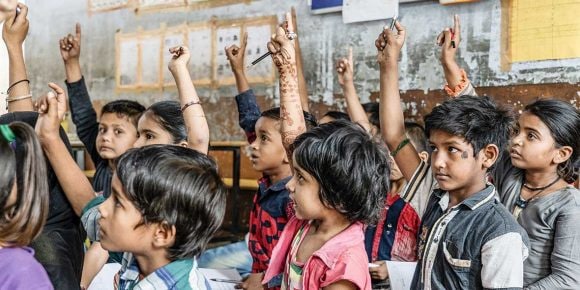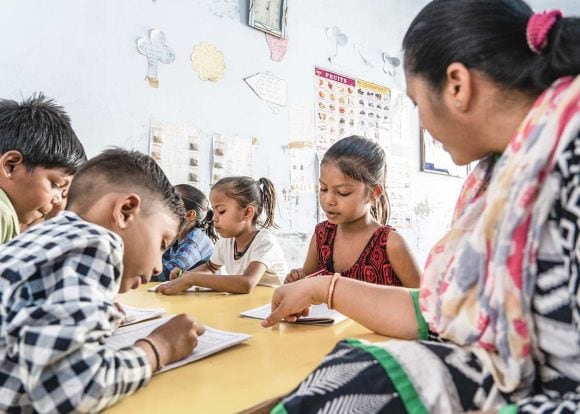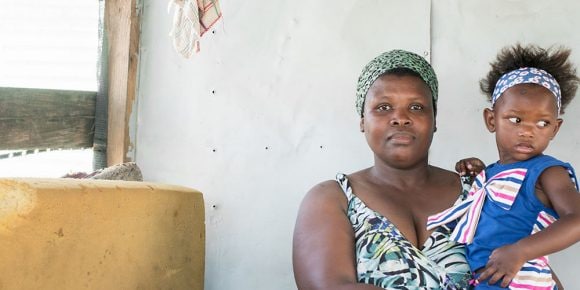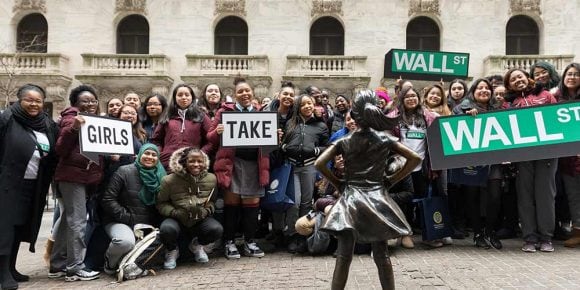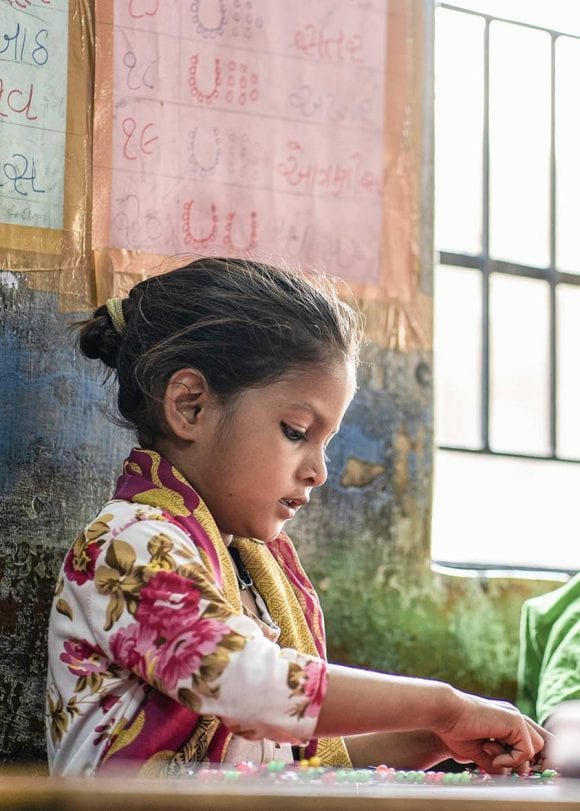
So, what do we mean by sustainable, long-lasting, breakthrough philanthropy? It starts with identifying the real issue we want to address. In this case, the state of global education, where 250 million children in school can’t read or do basic math at the age of nine (UNICEF, 2016). The magnitude of this challenge requires fresh approaches and tools. We must find a viable solution – the traditional model of building schools one by one, while well intentioned, may not drive the scale required to solve these issues. And even the wealthiest philanthropists don’t have enough resources to solve problems alone.
Development impact bonds (DIBs) are one new tool that can be used. An impact bond is not a bond in the conventional sense, but rather a performance-based contract, where investors are repaid only if social targets are achieved.


